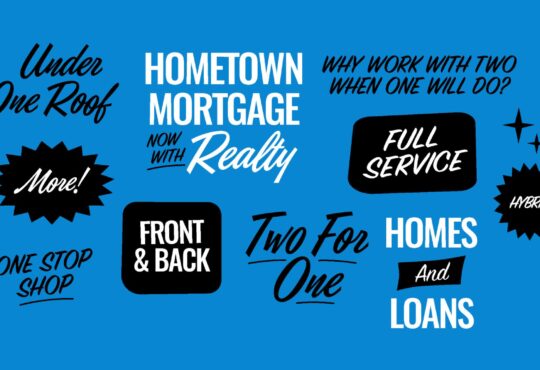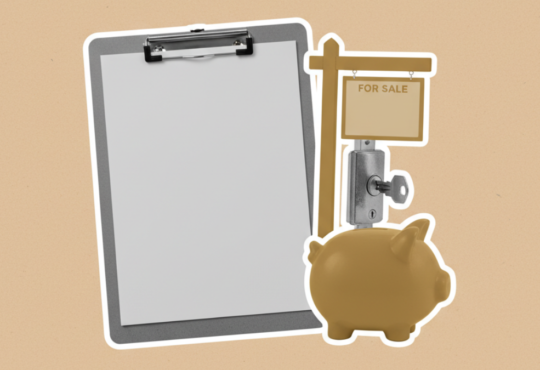
According to a recent report from Realtor.com, the best time to buy a home is the week of Oct. 12-18, as it presents a rare opportunity with a unique combination of higher inventory, lower prices and less competition on the market.
The report noted that October tends to bring a period of price cuts on home prices, with around 5.5% price reductions and 15.7% more listings, providing buyers with more options. With 30.6% less competition and potential savings of $15,000, you don’t want to miss out on that week if you’re looking to buy a home.
However, if you want to sell your home for the maximum price, then you may want to hold out until next year to list it.
GOBankingRates spoke with real estate agents on why you should consider waiting until 2026 to sell your house, based on changing housing market trends, current interest rates and other factors.
Check Out: 25 Places To Buy a Home If You Want It To Gain Value
Read Next: 6 Hybrid Vehicles To Stay Away From in Retirement
Andrew Fortune, a realtor and brokerage owner at Great Colorado Homes, noted that the lock-in effect is keeping most homeowners trapped. He added, “A homeowner with a $400,000 mortgage would pay an extra $200 monthly moving from 3% to 6.5%. That’s $2,400 yearly in extra interest.”
Since most people can’t accept this math, they end up staying in their current home, since this is the logical choice. By staying in your home and waiting until 2026 to sell, the rates could come down, and you wouldn’t have to worry about accepting a new, much higher rate on your next mortgage.
The most recently available data found that over 80% of homeowners are locked in at a rate below 6%. Fortune noted that at his brokerage in Colorado Springs, many of his clients are stuck with pandemic-era rates around 3%. He elaborated, “Current mortgage rates hover between 6.5% and 7%, and experts don’t expect them to drop below 6% until late 2025 or 2026.”
As a licensed agent, real estate investor and owner of We Buy Houses in Des Moines, Jacob Naig also stressed that rates are high relative to the low season of 2020-2021.
“Eventually, once rates precipitate downward, affordability increases and buyer demand grows, which directly raises home values,” Naig said.
Learn More: The Safest and Richest US Cities To Live in 2025
Naig believes that selling when rates drop could help you earn an extra 5%-10% on the final sale price, based on the increased number of buyers who can qualify for a loan. More buyers competing for houses on the market could bring back bidding wars, allowing you to have options. When you have options, you may not have to make certain concessions and you can dictate the process.





